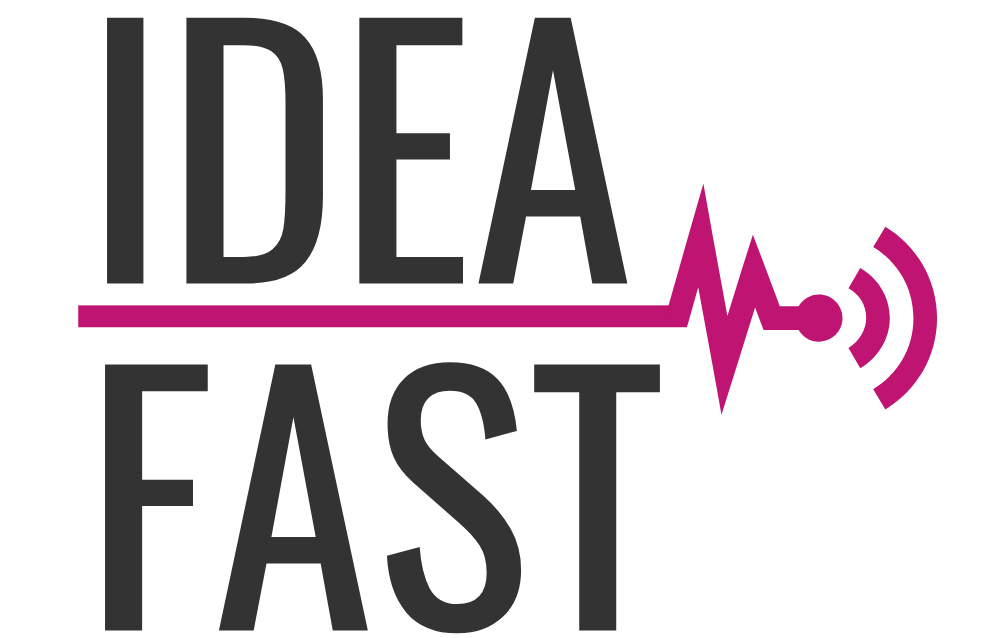Fatigue and sleep disturbances are common symptoms of many chronic diseases, and are associated with a poor quality of life and greater healthcare costs. Today, efforts to measure these symptoms, e.g. in clinical trials, are based largely on standardised paper questionnaires, which do not give very reliable results.
The aim of IDEA-FAST is to identify digital endpoints for fatigue and sleep disturbances that will provide a more sensitive, reliable measure of the severity and impact of these symptoms in a real life setting. They will do this by identifying the characteristics of fatigue and sleep disturbances and the digital endpoints that could quantify them. They will then select the digital devices and technologies that could measure and record these symptoms. They will also design a secure digital management platform to support the acquisition, storage and analysis of the data.
All of this will be validated in a pilot study involving patients with neurodegenerative diseases (Parkinson’s disease and Huntington’s disease) and immune-mediated inflammatory diseases (rheumatoid arthritis, systemic lupus erythematosus, primary Sjögren’s syndrome, and inflammatory bowel disease).
In addition to gaining new insights into the mechanisms behind fatigue and sleep disturbances, IDEA-FAST’s results should dramatically improve the efficiency of clinical trials, and so speed up the development of new treatments for these chronic diseases.

